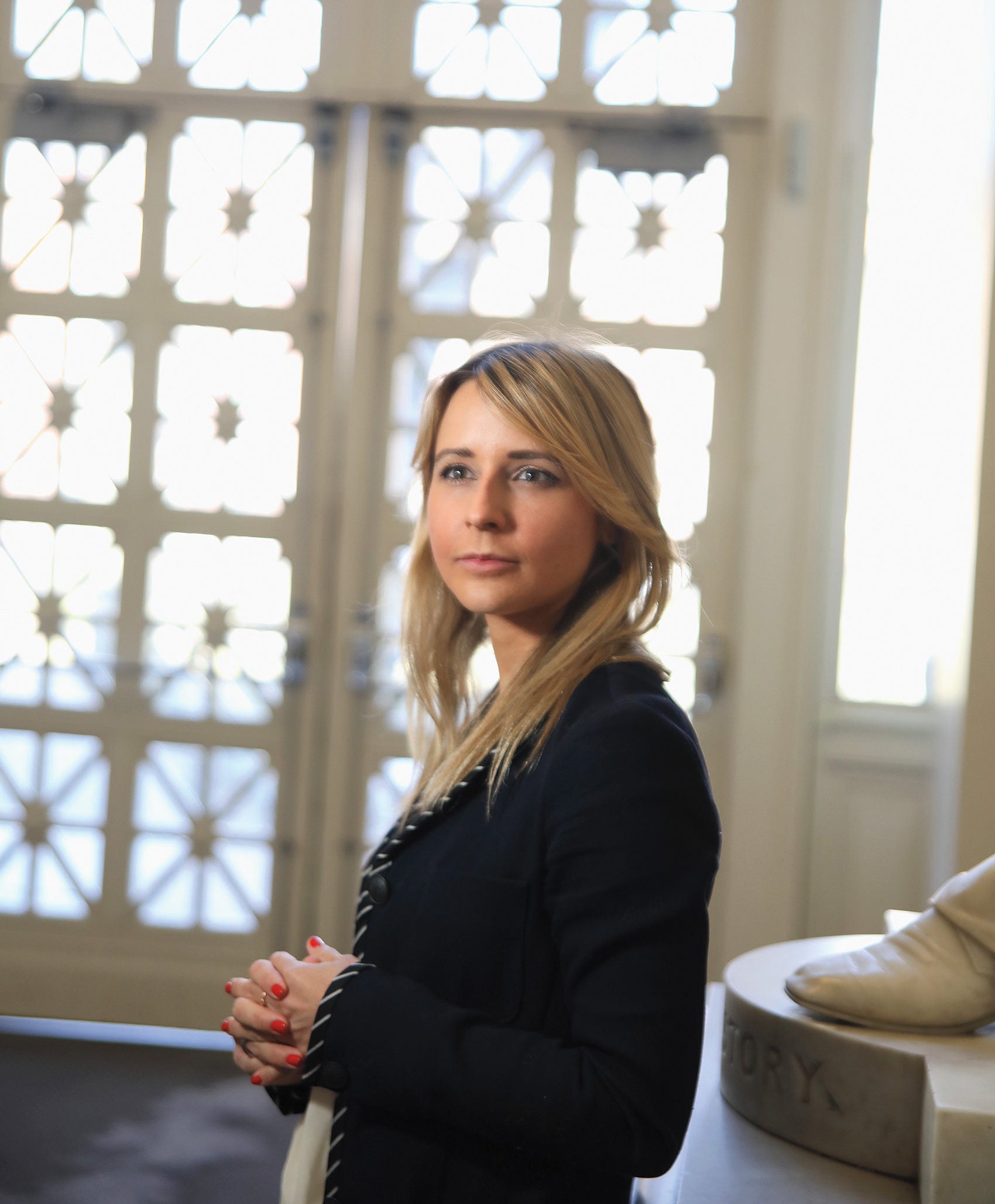After Hurricane Maria roared over Puerto Rico in September 2017, crippling the island where Natalie Trigo Reyes ’19 grew up and where much of her family still lives, she felt “completely overwhelmed.” Within days, however, she put together an event that raised about $40,000 for relief efforts, collected enough emergency goods to fill three large trucks, and joined Harvard Law Assistant Professor Andrew Manuel Crespo ’08 and Lee Mestre of the Office of Clinical and Pro Bono Programs to plan the school’s response to the disaster.
Using her contacts (Trigo Reyes co-founded a nonprofit in 2012 to strengthen the island, tapping into its diaspora), she helped to organize a mission to Puerto Rico over the law school’s spring break to provide legal and humanitarian aid. “Natalie was our connection to this world of different NGOs, community leaders and charitable organizations,” says Crespo. “Any time we hit some sort of issue, bump or question, Natalie said, ‘I’m on this.’”
Growing up in Puerto Rico helped shaped Trigo Reyes’ social consciousness and the type of lawyer she wants to be.
Months after Maria hit, tens of thousands of Puerto Rican residents were still living without adequate shelter. About a dozen of the 29 Harvard Law students on the trip helped to repair houses damaged by the storm. The others, including Trigo Reyes, worked with local lawyers in Federal Emergency Management Agency disaster recovery centers located around the island, helping residents file appeals to try to claim disaster relief they had been denied. About 60 percent of the claims filed with FEMA by Puerto Rico’s residents for money to rebuild homes have been rejected for insufficient documentation, according to reports. Many houses have been passed informally from generation to generation, so much of the work focused on establishing a chain of ownership through affidavits, old land registry forms or death certificates. This was complicated by the fact that Puerto Rico, which was a Spanish colony until 1898, has a legal code different from that of the rest of the U.S., based partly on the Spanish civil system. Trigo Reyes and the other students tried to get through as many FEMA appeals as they could—she remembers one morning when she filed 11—yet at the same time they wanted to take time for people who were traumatized by the storm and its aftermath, and needed to tell their stories. “Having the opportunity to go to these remote locations and help people claim [what is] rightfully theirs was really emotional for me,” says Trigo Reyes. “These are U.S. citizens, and they are entitled to these FEMA benefits.”
The work she did in Puerto Rico grew naturally out of her personal values and professional experience. She came to HLS with a degree in economics and six years of experience working in federal government, including in the U.S. Agency for International Development and the chambers of Supreme Court Justice Sonia Sotomayor (as special assistant to the justice, she accompanied her on two trips to Puerto Rico). The HLS trip this spring also tied in with Trigo Reyes’ quest to seek out creative ways to use the law on behalf of vulnerable communities.
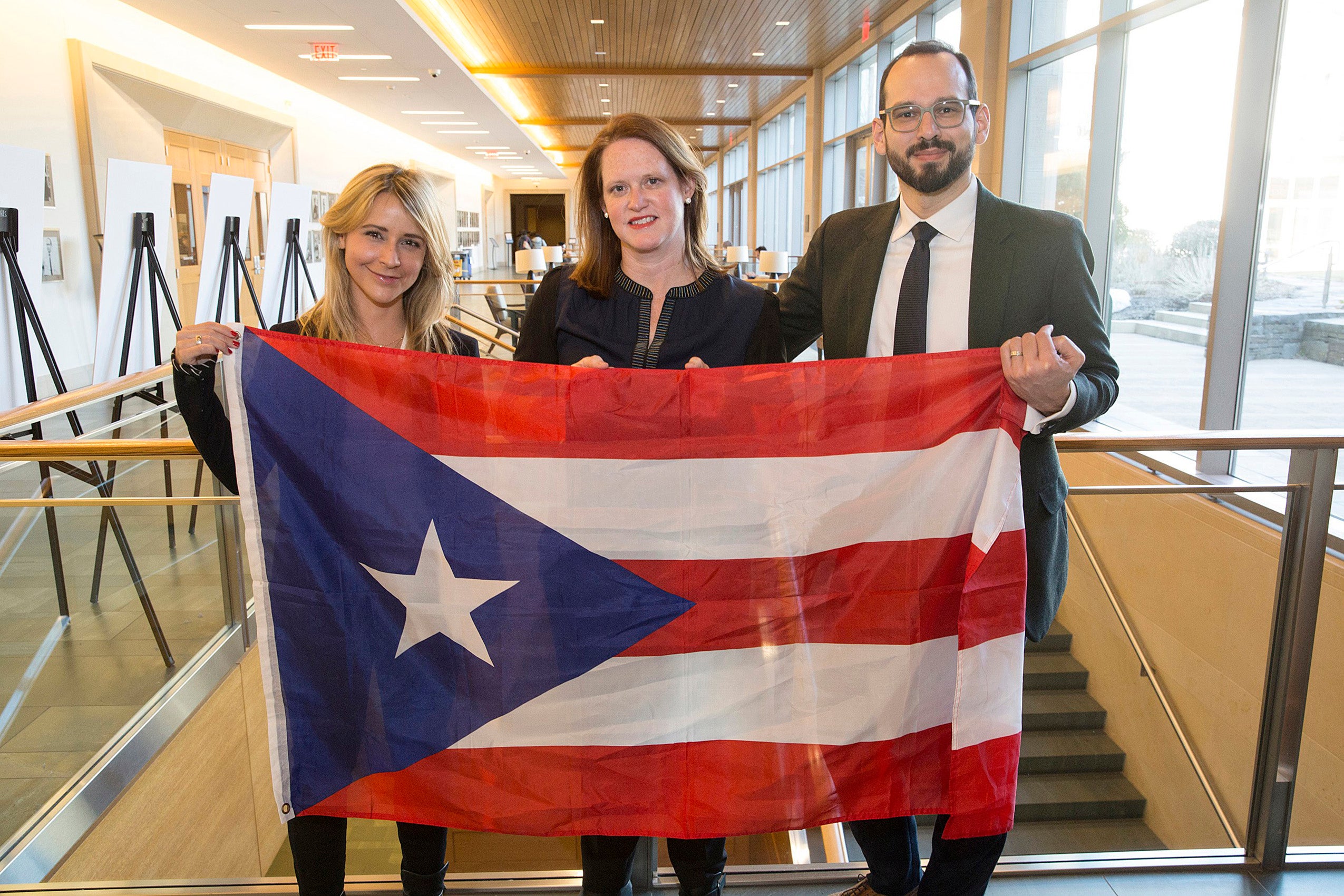
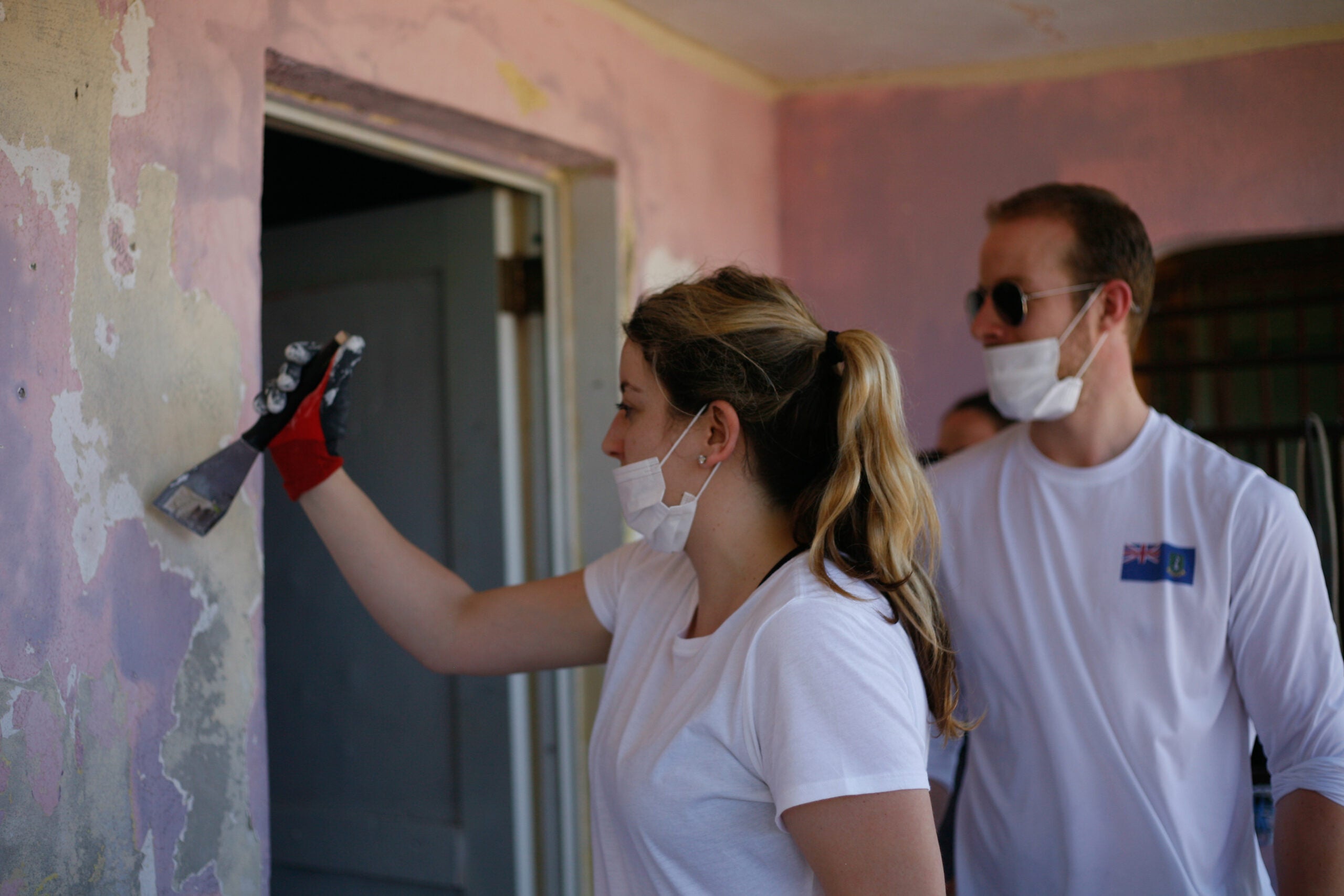
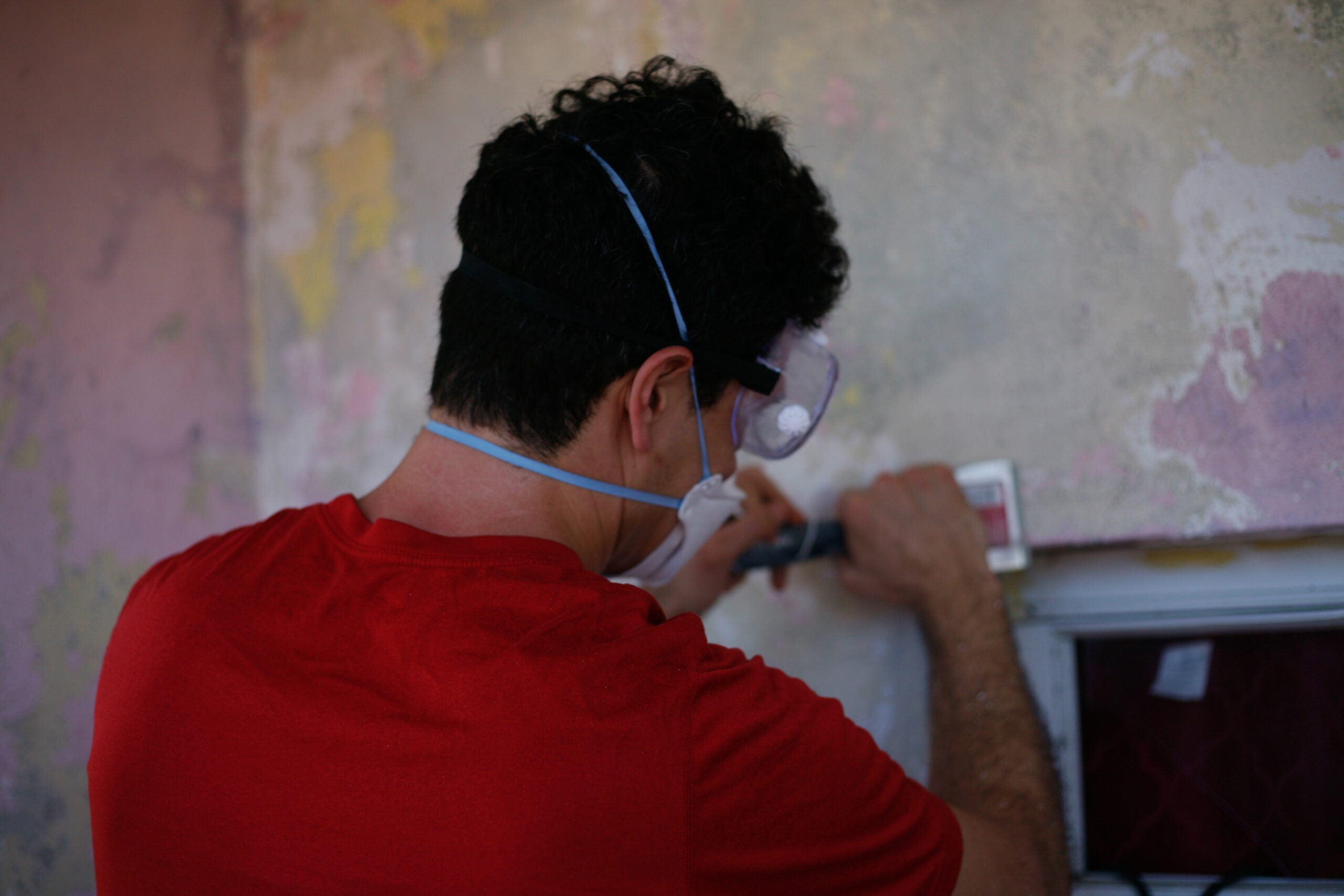
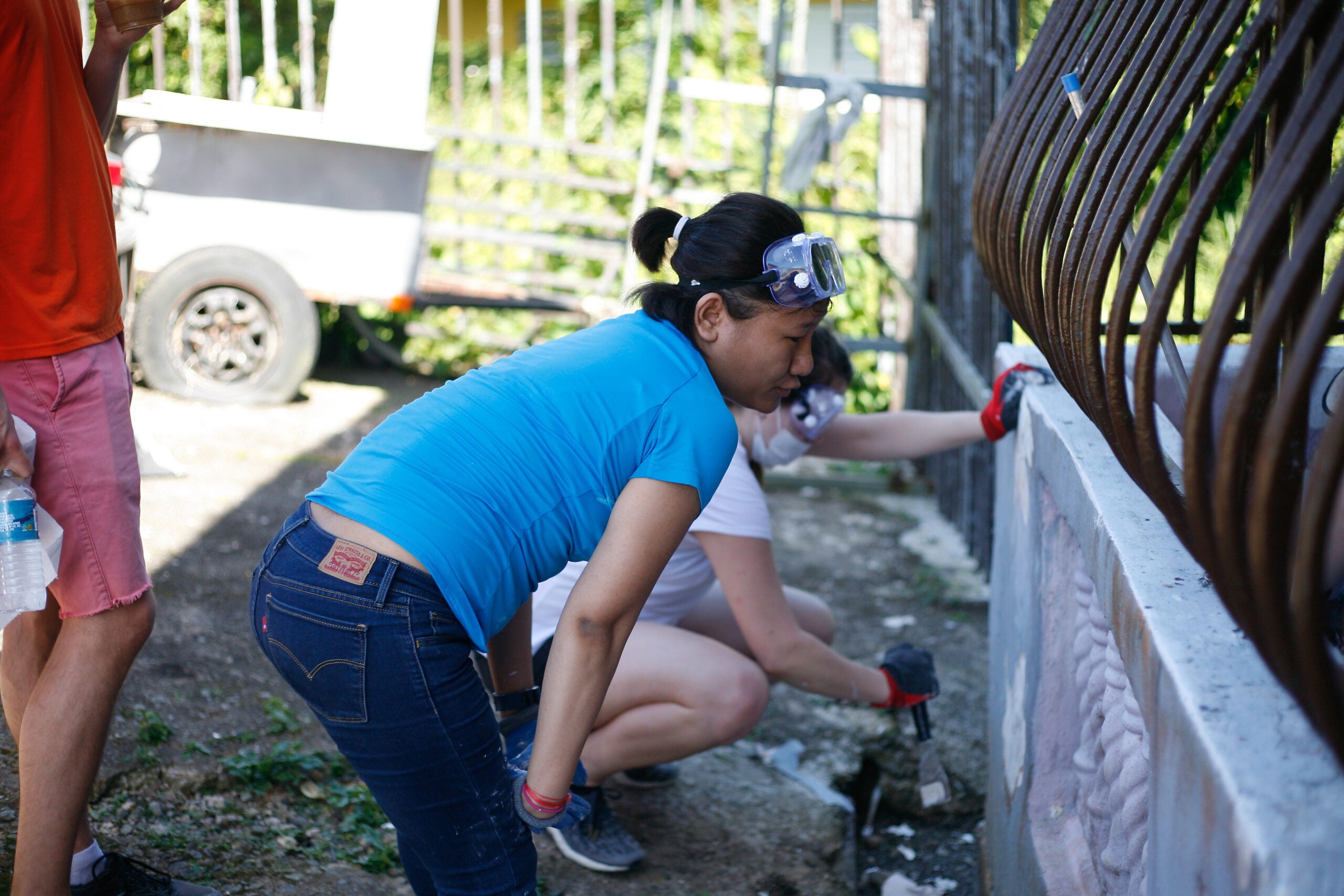
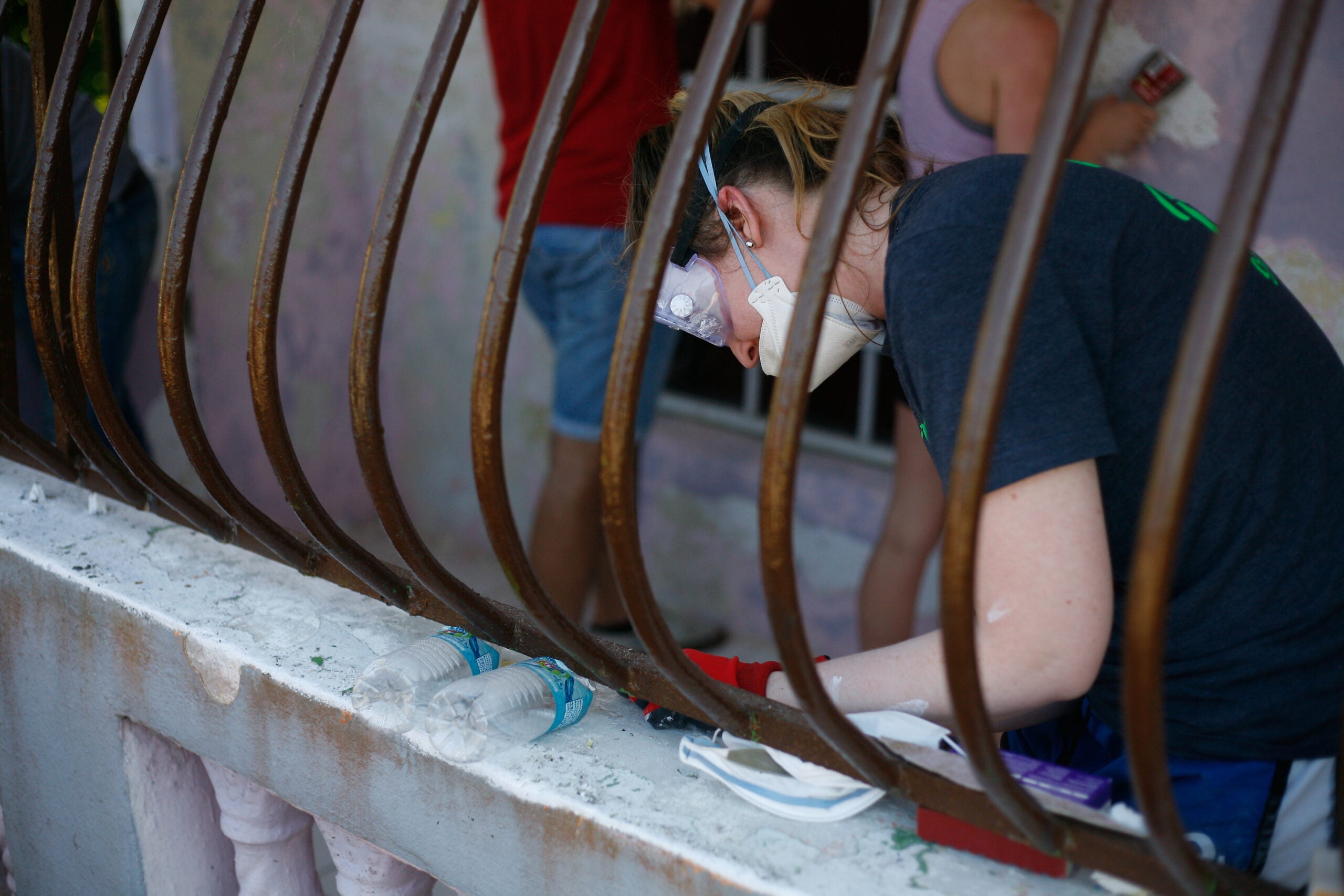
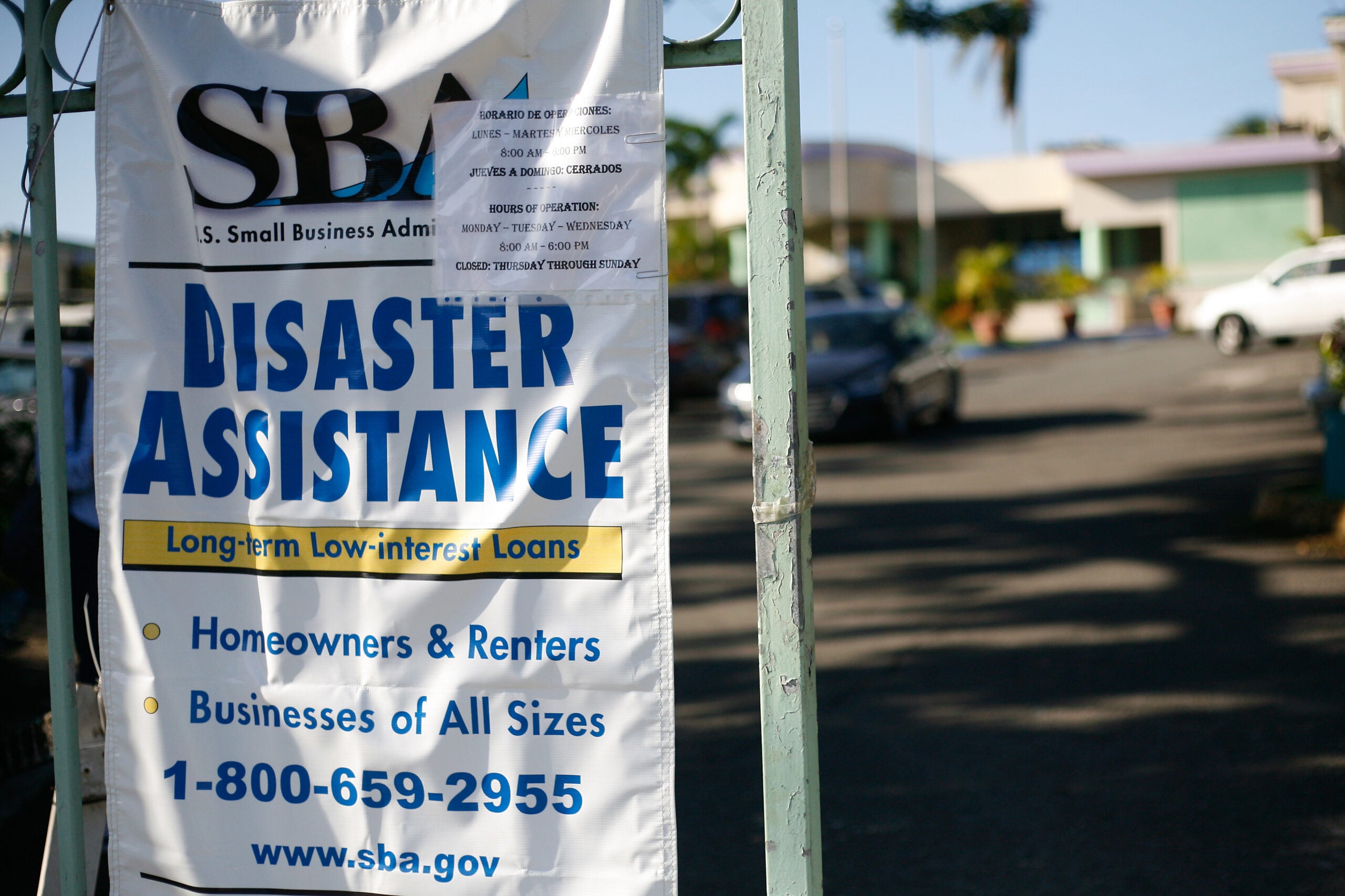
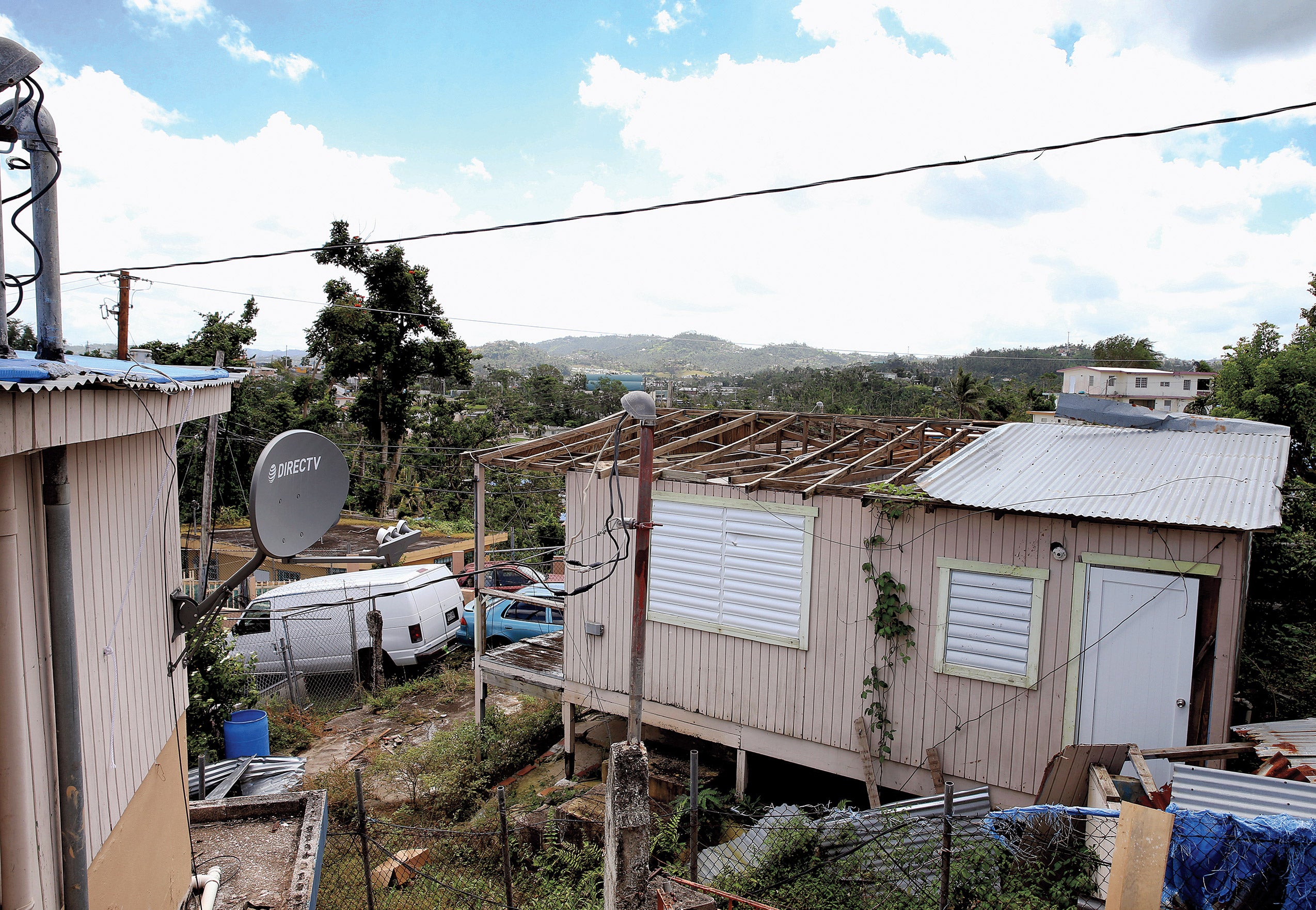
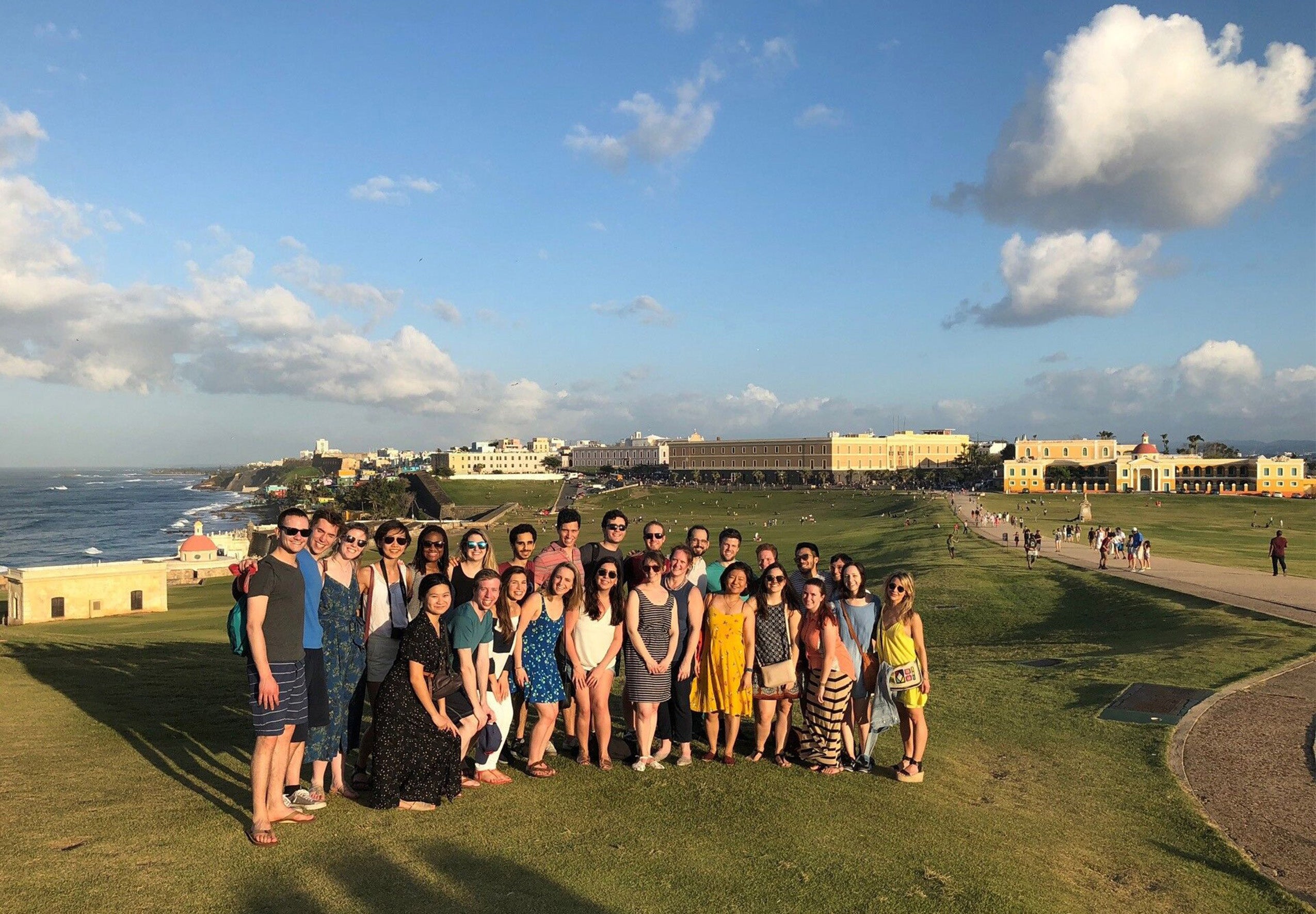
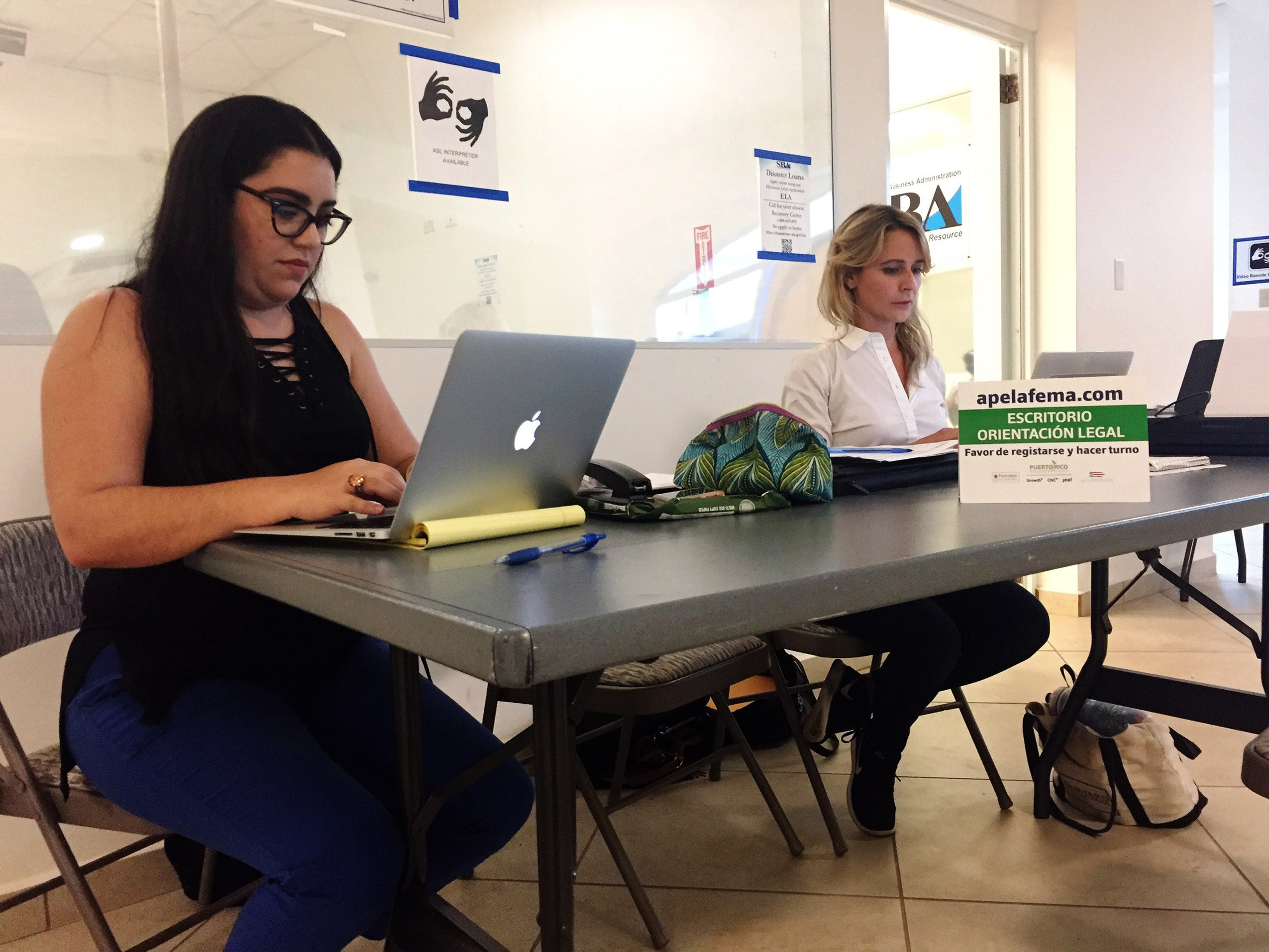
Last summer she held a Chayes Fellowship at the Centro de los Derechos del Migrante in Mexico City, which uses a wide range of approaches, from advocacy to policy work to direct representations, to fight for the rights of seasonal workers who come to the U.S. on work visas. As part of the North American Free Trade Agreement renegotiation process, Trigo Reyes drafted a public comment, which the Centro submitted to the U.S. trade representative, advocating for stronger labor protections for migrant workers. As part of that same process, workers described labor conditions equivalent to modern-day indentured servitude. Unable to find satisfactory recourse through American labor laws, Trigo Reyes says, they argued for the changes they’d like to see. “They voiced their issues themselves and were able to participate in the process. I believe in that model.”
This summer, she plans to continue her focus on international human rights at an NGO in Mexico or Colombia (again on a Chayes Fellowship). Beyond law school, she sees herself working in these two countries “where there is lots of human rights work to be done” and eventually going back to Washington, D.C., to focus on labor rights or refugee issues—all while “continuing to give back to Puerto Rico, of course.”
Trigo Reyes says the problems there run much deeper than the destruction wrought by Hurricane Maria, which exacerbated the island’s existing debt crisis, deep economic recession, and high poverty level—and laid bare the drawbacks of its nonstate status. Growing up in Puerto Rico, she says, helped to shape her social and political consciousness, along with the type of law she wants to practice, and the type of lawyer she wants to become. “When you learn early on that you’re disenfranchised, you become concerned with who’s representing your agenda and your issues. I feel like that has helped inform my thoughts on how you can effect change.”
